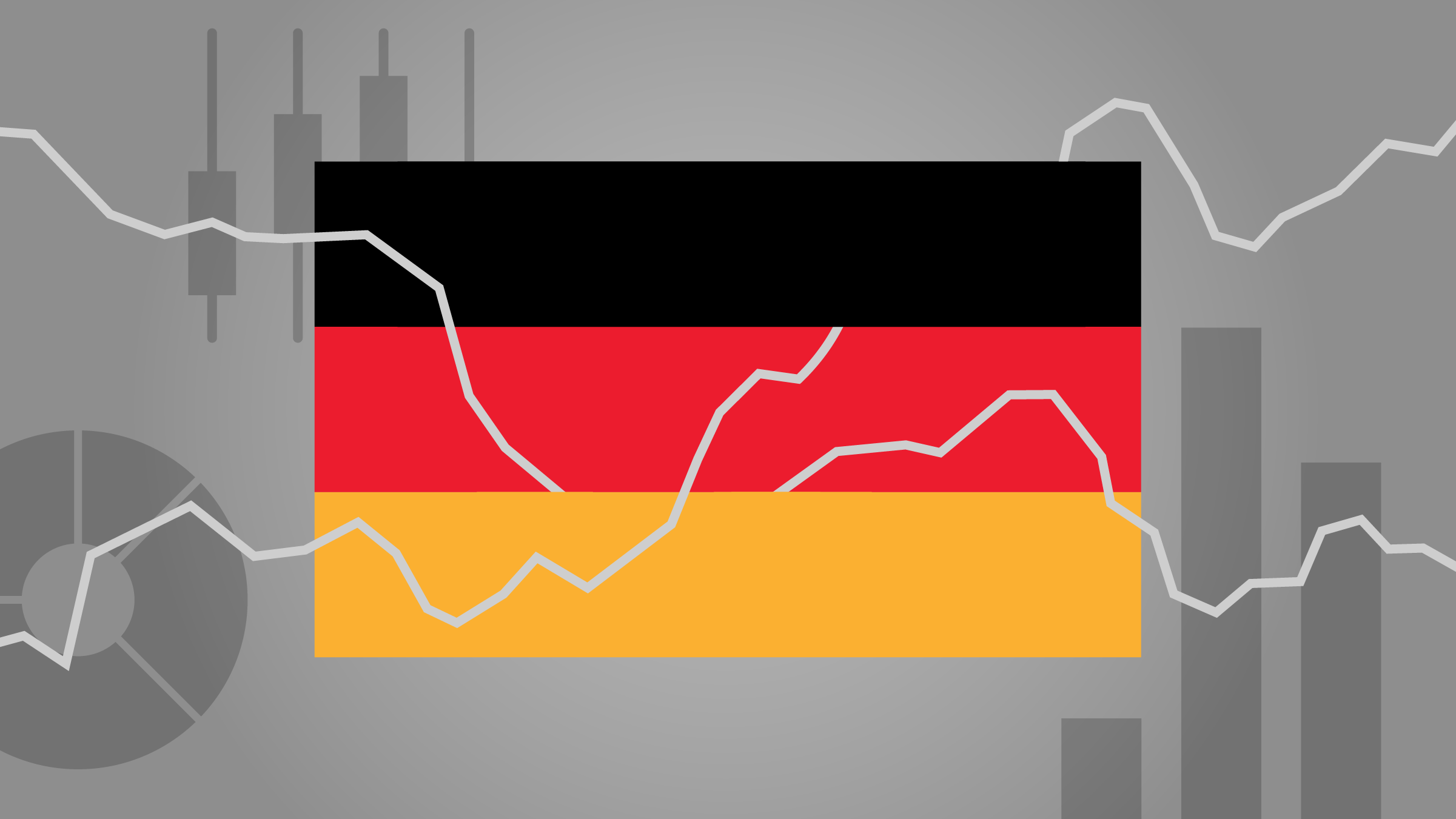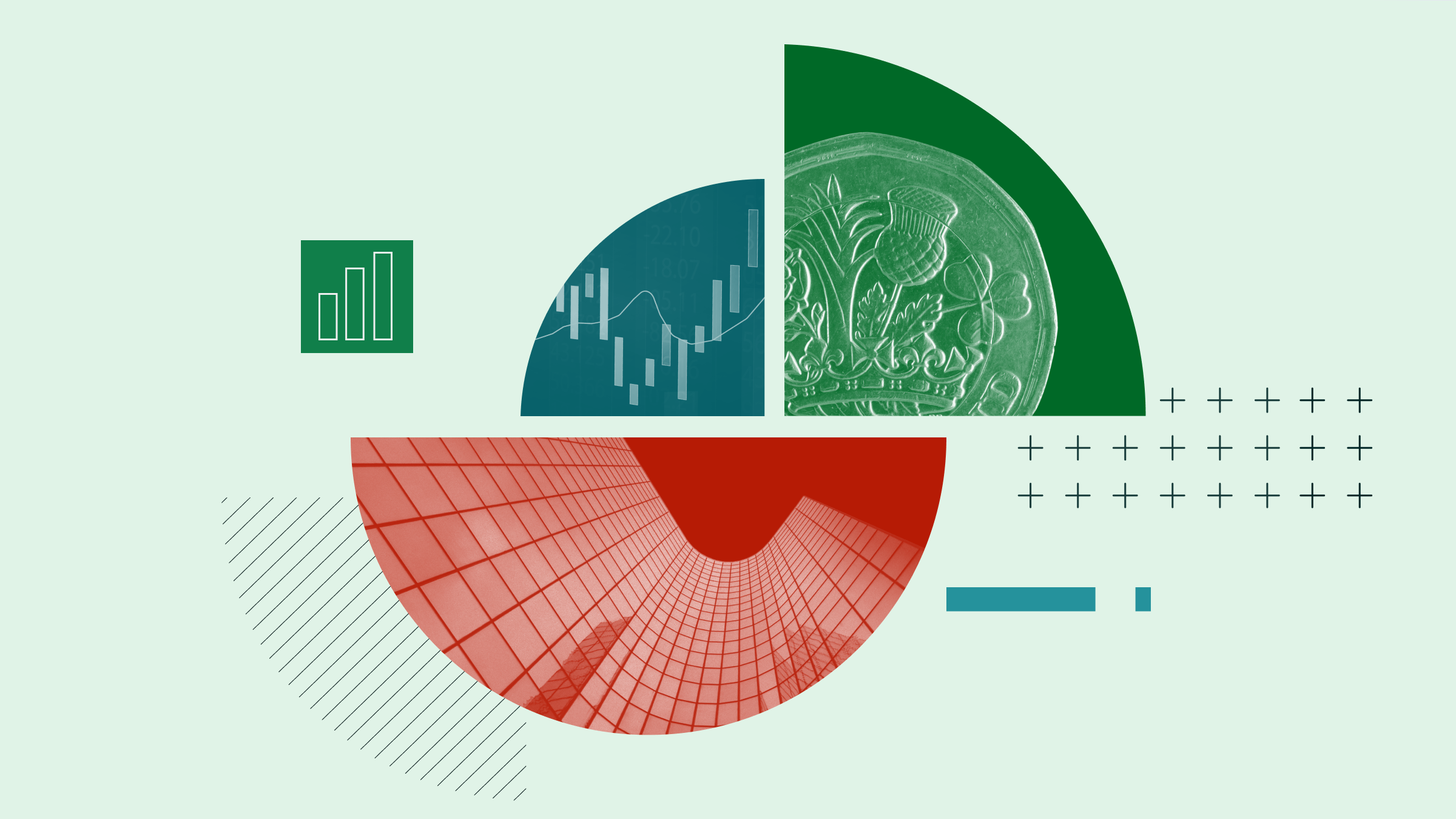
Download Morningstar’s guide to the German election and its equity market implications here.
The German equity market has been hitting one record after the other as the nation approaches its federal election on Feb. 23, fueled by a combination of political anticipation, strong corporate earnings, and the hope for peace talks in the Russia-Ukraine conflict.
The market’s composition, with its heavy weighting toward industrial and tech firms, has also positioned it well in the current global investment landscape, and the relative undervaluation of European stocks compared to the US market have further bolstered their appeal. The Morningstar Germany Index marked 19 all-time highs in only 34 trading days so far this year and is up by nearly 14%, surpassing both its European peers and the US market.
Higher Government Spending Takes Center Stage
“The market is currently pricing the best possible outcome of the elections”, said Carsten Roemheld, capital market strategist at Fidelity, in a webinar on Feb. 18. Investors, many from abroad, are confident that Friedrich Merz and his CDU party, currently leading the polls, will swiftly form a coalition and implement reforms such as loosening the “debt brake”, a constitutional law that limits the federal structural deficit to 0.35% of GDP.
This measure, introduced in 2009 during the global financial crisis, aimed to prevent excessive government borrowing. Amending this constitutional law poses challenges, as it requires a two-thirds majority in both parliamentary chambers—a threshold difficult to achieve given Germany’s fragmented political landscape and the rising influence of populist parties. Such a vote would hinge on whether one or two smaller parties – including one that is strictly opposed to widening the fiscal deficit – garner enough votes enter parliament.
“Without a loosening of Germany’s fiscal straitjacket enshrined in the constitution, Merz would find it difficult to convince his potential center-left coalition partner(s) to agree to serious pro-growth reforms”, Berenberg’s chief economist Holger Schmieding wrote in a research note on Feb. 17. “In addition, he would lack the fiscal space to ramp up military spending decisively while increasing public investment and easing the burden on companies and households with significant cuts in taxes and electricity charges at the same time.”
A relaxation of the debt brake could lead to increased government spending on infrastructure, defense, and digitalization, providing a much-needed boost to the economy and benefiting sectors like construction, technology, and finance.
The CDU is polling around 30-32% of the votes in the final week before the election, with its preferred coalition partners SPD and/or Greens coming in at around 14-17% and 12-14%, respectively. Markets assume the right-wing AfD will be excluded from power.
Stock Market Records Come Against Backdrop of Recession
Germany’s stock rally comes against the backdrop of soured economic sentiment as Europe’s largest economy enters the third year of stagnation and lags its European neighbors in economic outlook. Germany has been in recession for the past two years, with GDP growth projected to stagnate at a meager 0.3% for 2025, according to the country’s economic ministry.
Spain – the economic outperformer in the eurozone, recording a 3.2% growth in 2024 – comes in as a close second in equity performance.
German businesses have faced numerous shocks in recent years that have hampered their operations and growth. The Covid pandemic caused widespread supply chain disruptions, labor shortages, and economic slowdowns. This was followed by the energy crisis triggered by the Russia-Ukraine war, which led to soaring energy prices, particularly affecting Germany’s industrial sector. Additionally, supply shocks from China, inflationary pressures, and rising interest rates have further strained businesses, while ongoing geopolitical tensions and trade uncertainties, including the threat of US tariffs under Trump’s new administration, have added to the economic challenges.
The automotive and manufacturing industries are particularly exposed to the threat of tariffs, with companies scrambling to adapt supply chains to mitigate potential disruptions. Although investors have so far largely shrugged off these concerns, an escalation in trade tensions could introduce volatility to the market.
“German DAX 40 companies generate 80% of their revenues outside of Germany, and around 24% in the US”, said Sören Hettler, head of investment strategy DZ Research, in an interview with Morningstar. This compares to less than 20% of revenues that the companies generate in their German home market.
The performance of the local stock market is owed to a robust global economy, analysts at German bank Deka said in a research note on Feb. 17, noting that it is also clear that the European Central Bank will continue to lower its key interest rates this year. In contrast, investors awaiting interest rate cuts from the US Federal Reserve in the next few months may be disappointed. The widening spread between rates in the eurozone and the US could also provide tailwind for European equities, according to Morningstar’s European market strategist Michael Field.
These Stocks Are Driving the German Equity Rally
The German stock market’s outperformance is not broad-based. Companies like SAP SAP have been instrumental in pushing the market to record highs, with the software giant experiencing a 70% surge in its stock value over the past 12 months, accounting for more than 9% of the Morningstar Germany Index’s gains of 30% over that period.
Siemens SIE and Deutsche Telekom DTE have also seen significant gains, contributing 3.7% and 3.3% to the index’s gains in the past 12 months, respectively, according to data from Morningstar Direct. Siemens has experienced strong corporate earnings, driven by global demand for electrification and industrial offerings. Deutsche Telekom has also performed well in 2024, with plans to accelerate growth through advancements in artificial intelligence and a data-driven business model. Aerospace and defense company Rheinmetall RHM has gained more than 9% this week alone, primarily due to expectations of increased defense spending across Europe.
The good performance comes with a caveat: Three of these stocks now trade in overvalued territory, and three are fairly valued, according to Morningstar fair value estimates.
Investment Opportunities in German Stocks
“Having performed strongly in 2024, German equities now screen as fairly valued, trading at just over 1 times on a price/fair value estimate basis. But, while they are not on the whole cheap currently, neither are they expensive,” Morningstar’s Field said. Of the 49 German stocks under Morningstar coverage, 24 are trading in undervalued territory. “We see numerous stock opportunities, with autos the area of most attractiveness.”
Germany’s auto production has suffered from poor government policies, reducing competitiveness and driving investments abroad, according to Morningstar equity analyst Rella Suskin. The upcoming elections offer a chance for change, with political parties promising to boost industrial competitiveness.
However, anticipated coalition governments may weaken these policies. “Without a focused strategic framework that promotes cost-competitiveness in Germany, original equipment manufacturers will continue to direct their investments overseas, while balancing this with the need to maintain their highly integrated German headquarters. This will continue to weigh on returns,” Suskin warns.
Valuations of Major European and US Markets
Domestic Politics Matter More to Small- and Mid Caps
Valuation-conscious investors might also turn to mid and small-cap stocks, seeking opportunities in areas that have yet to see the same growth as large-caps. Many of these companies are more directly exposed to the German and European economy, making them more vulnerable to domestic policy shifts and macroeconomic fluctuations. Their performance has been mixed, with some benefiting from sector-specific trends such as digitalization, while others struggle with persistent economic stagnation. According to Sören Hettler from DZ Bank, mid-cap companies derive about 55% of their revenues from Europe, including a significant portion of 24% from Germany, making them more sensitive to local economic and political conditions.
Especially mid- and small-cap companies that are more exposed to domestic economic policies are seeking clarity and stability post-election, he adds- “A new government committed to reducing bureaucracy and increasing investment in critical areas could enhance investor confidence and drive further capital inflows into the German market.”
How Could the German Election Affect Bond Markets?
Speculation about an easing of the debt brake helped push up bund yields after the abrupt ending of the German coalition government on Nov. 6, which led to this weekend’s snap elections. Higher spending would mean that Berlin has to issue more bonds, increasing supply and pushing down bond prices.
In addition, the prospect of peace in Ukraine has driven yields higher after they dipped in late January and early February. “Financial markets are not only focused on positive growth prospects but also on the costs of securing and rebuilding Ukraine in the future”, Deka wrote in its Feb. 17 research note amid news that the US and Russia will start peace talks on Ukraine. “Europe will have to play a significant role in financing these efforts. This burden weighs on bond markets and has particularly driven up yields on German government bonds.”
The author or authors do not own shares in any securities mentioned in this article. Find out about Morningstar's editorial policies.




























